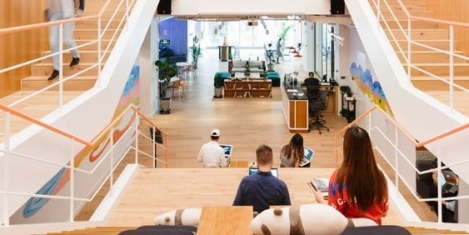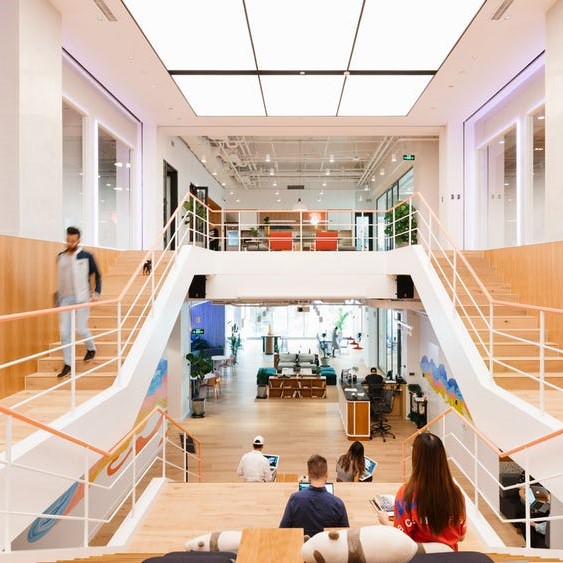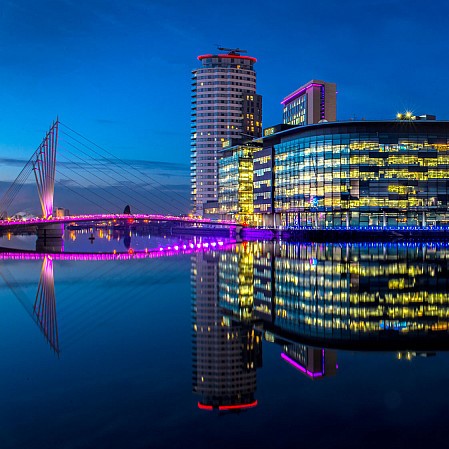September 2, 2019
Three quarters of people want to work for a firm with a good reputation
 Over three quarters of people (76 percent) want to work for firms with a good reputation, according to the latest business reputation survey “Everyone’s Business” by the CBI, in collaboration with Porter Novelli and Opinium. Encouragingly, the reputation of business has improved since the last wave of the tracker in September 2018. Last year a series of events and scandals in the business community had a chilling effect on business reputation, but 2019 has seen this ‘reputational chill’ start to thaw, with a 4-point rise in those thinking business reputation is good (60 percent). (more…)
Over three quarters of people (76 percent) want to work for firms with a good reputation, according to the latest business reputation survey “Everyone’s Business” by the CBI, in collaboration with Porter Novelli and Opinium. Encouragingly, the reputation of business has improved since the last wave of the tracker in September 2018. Last year a series of events and scandals in the business community had a chilling effect on business reputation, but 2019 has seen this ‘reputational chill’ start to thaw, with a 4-point rise in those thinking business reputation is good (60 percent). (more…)


































August 23, 2019
Summertime childcare juggling needs to be consigned to history
by Han Son Lee • Comment, Flexible working